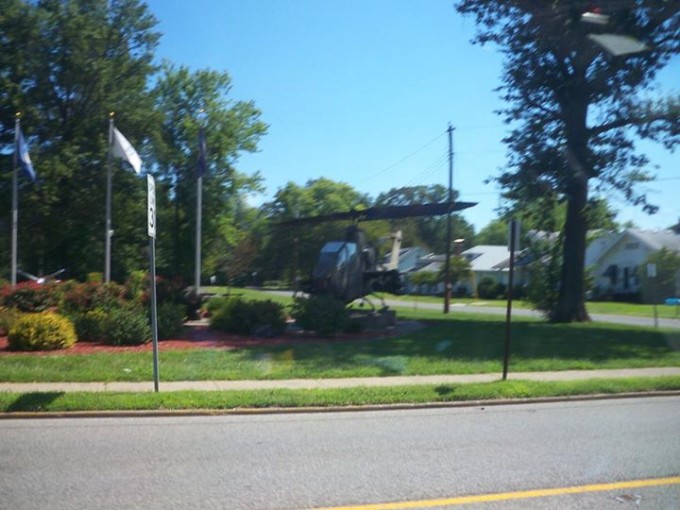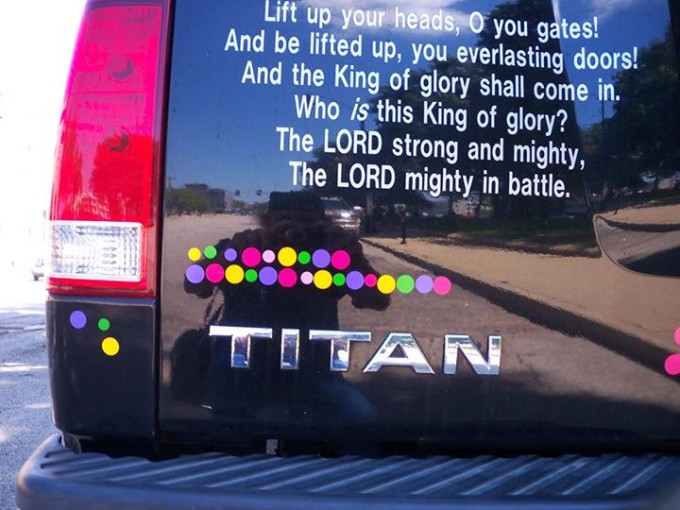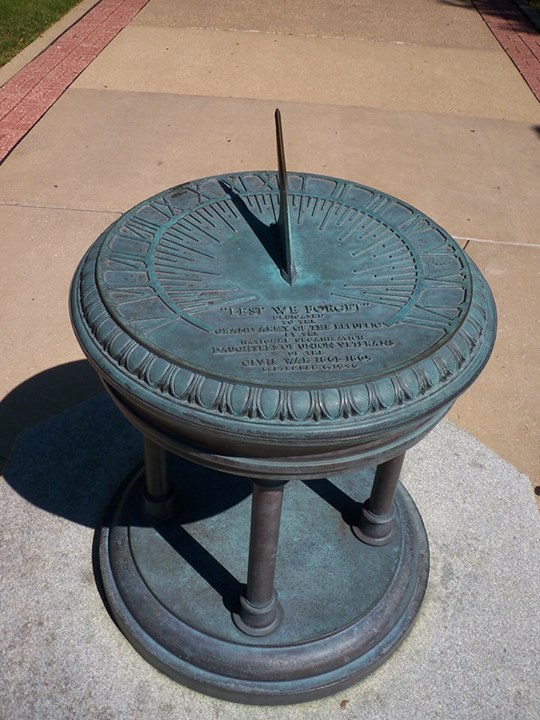
Thursday, 16 April 2015
For this corruptible must put on incorruption, and this mortal must put on immortality. 1 Corinthians 15:53
Paul continues with his explanation of the words of verse 50. In this verse now, he states two truths concerning our resurrection body –
1) It must be suited to the spiritual nature of heaven, and
2) It must be suited to the eternal nature of heaven
Both of these are requirements concerning the body we will be given. The word for “put on” here concerning both the incorrupt and the immortal aspects of this body is enduo. According to Strong’s, this comes from two words, “en and duno (in the sense of sinking into a garment); to invest with clothing (literally or figuratively) — array, clothe (with), endue, have (put) on.”
This is elsewhere explained in greater detail by Paul –
“For we know that if our earthly house, this tent, is destroyed, we have a building from God, a house not made with hands, eternal in the heavens. For in this we groan, earnestly desiring to be clothed with our habitation which is from heaven, 3 if indeed, having been clothed, we shall not be found naked. 4 For we who are in this tent groan, being burdened, not because we want to be unclothed, but further clothed, that mortality may be swallowed up by life.” 2 Corinthians 5:1-4
In this, we can see the use of two separate metaphors for what our heavenly bodies will be like. The first is a garment, and the second is a tent. These will be garments that never wear out and a home which is from everlasting to everlasting, given by God for the glories which lie ahead.
Life application: What discomfort do you feel right now? You won’t be feeling it ever again when you get your resurrection body.
Precious Lord, stars are beautiful at night, lighting up the sky like diamonds. The sun is wonderful, bathing us with its heat and light for our daily work and enjoyment. The moon is soft and kind on our eyes as we sit under it and ponder Your goodness. But these… these are nothing compared to Your radiant beauty. I long for eternity in Your house and in Your presence. May that day be soon! Come Lord Jesus. Amen.




